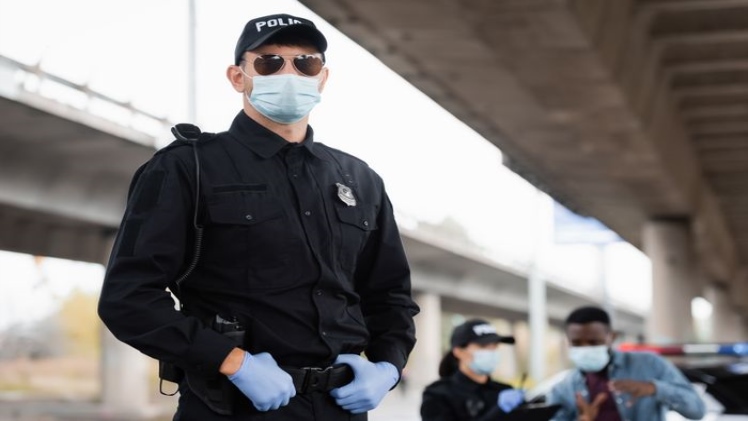Security guards are trained to protect people and property. However, they can also make a hospital safer by being aware of the surrounding environment and acting accordingly.
Security guards have a responsibility to be aware of their surroundings. They must be alert to potential threats, suspicious activity, and anything that could put people or property at risk. This means that they need to be aware of the layout of the hospital, its entrances and exits, as well as all the security devices in place.
Security guards can make hospitals safer by helping prevent crime such as theft, fraud, or vandalism. They also help law enforcement officers catch criminals who may try to enter a hospital for nefarious purposes.
Why are Security Guards Important for Hospitals?
Hospitals are well-known for their importance in the society. They have a huge impact on the wellbeing of people and are often referred to as the “crown jewel” of any country. However, hospitals also have their own share of dangers that can endanger patients and staff members. Security guards play a vital role in protecting hospitals from these dangers by ensuring 24/7 protection, patrolling hospital grounds and securing entrances.
Security guards with 410 shotgun are important for hospitals because they provide 24/7 protection, patrol hospital grounds and secure entrances. These tasks ensure that hospitals remain safe for patients and staff members alike.
Night security guards play an important role in protecting hospitals during off hours when there is less supervision from hospital staff members.
What Does a Security Guard do in a Hospital?
Security guards in hospitals are a part of the hospital’s security team. They provide protection for patients and staff. They also perform other tasks such as escorting patients to their rooms, escorting visitors, and checking on the patient’s safekeeping.
Security guards are often called upon to provide personal care services to patients, such as bathing and dressing them, or providing assistance with eating and drinking.
How Does a Security Guard Work in a Hospital?
Security guards are the first line of defense in hospitals. They are responsible for patrolling the facility and identifying potential security threats.
Security guards work during night shift hours in a hospital, but they also have other duties to perform during the day. These include using metal detectors, checking visitors’ bags, and inspecting cars before they enter the building.
What Are Some of the Most Routine Security Jobs at Hospitals?
There are many different types of security jobs at hospitals. Some of the most common are hospital security guards, medical security officers, and hospital police.
Different types of security jobs at hospitals:
-Hospital Security Guards: These individuals maintain the safety and integrity of a hospital by performing a variety of tasks including patrolling the grounds, monitoring doors and windows, checking identification for visitors or employees who require admittance to a restricted area, escorting patients to or from areas where they cannot be alone (e.g., operating rooms), responding to emergencies, and assisting with investigations.
-Medical Security Officers: These individuals provide law enforcement services in hospitals through their daily duties that include conducting building searches for contraband or unauthorized items, performing surveillance on specific areas to detect suspicious behavior or activity that may be related to crime prevention/investigations, providing assistance with investigations into crimes committed on hospital property (i.e., burglary), locating missing persons in hospitals as well as using tracking.
Conclusion: How to Choose the Best Professional to Employ as Your Night Shift Security Guard
Many people are hesitant to hire a night shift security guard, but it is important to remember that hiring the right professional is crucial. In order for the guard to be effective, they must have experience and knowledge in security.
The best way to determine if someone is qualified for the job is by asking them some questions about their previous work experience. Questions like, “What do you know about security?” and “How many years of experience do you have?” will help you find out how qualified they are for the job.

